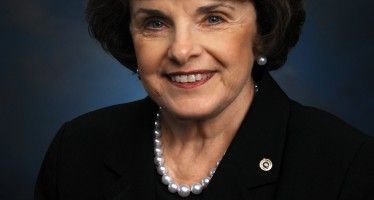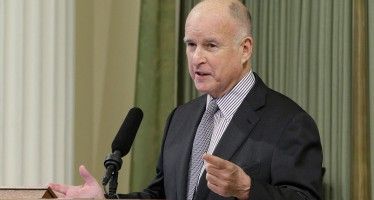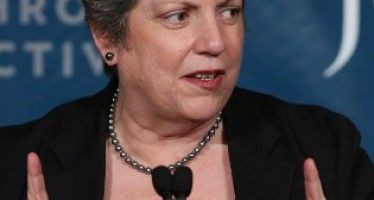Education debt debate heats up
 With the start of a new year, a fresh array of political, economic and legal developments promise to sharpen California’s ongoing debate over the costs and consequences of its current education system.
With the start of a new year, a fresh array of political, economic and legal developments promise to sharpen California’s ongoing debate over the costs and consequences of its current education system.
The California State Teachers’ Retirement System, one of the world’s largest pension funds, has found itself in the spotlight. Recently, state Democrats ensured that CalSTRS divested from coal and guns. But diminishing returns on investment have grown the pension fund’s unfunded obligations, according to a report issued by an independent auditor. “As of June 30, 2015, the net pension liability for the State Teachers’ Retirement Plan increased by $8.9 billion to $67.3 billion due to lower investment returns during fiscal year ended June 30, 2015 as compared to last year,” the report noted.
Drawing fire
Critics pounced on the news, characterizing it as effectively an off-ballot issuance of debt equal to what’s on offer this coming November. (“On school construction, a proposed $9 billion bond issue has qualified for the November ballot,” as George Skelton observed at the Los Angeles Times.) “The $9 billion addition is as real as any other debt. Arguably it’s more real because, as the Stockton decision demonstrated, bankruptcy courts are more likely to cut bond obligations than pension obligations,” warned Govern for California co-founder David Crane, referencing the recent high-profile determination that the city of Stockton would not renegotiate pension deals in order to help it emerge from bankruptcy.
“Including interest, this $9 billion debt will devour more than $20 billion that would otherwise benefit schoolchildren. Looked at another way, just one year’s interest on this debt is almost as large as the expected growth in state support for education in the current budget year.”
An uncertain future
But the debt forecast for 2016 has been uncertain. The school construction bond measure has run up against opposition from powerful forces to the left of center. Gov. Jerry Brown, for instance, “is opposed to more bond debt,” as Skelton noted. “And teachers unions don’t want a school bond on the November ballot to compete against their anticipated tax increase proposal.” The CTA, for instance, has so far opted not to take a position on the $9 billion bond. “But the union is working on an initiative to stop the scheduled expiration of some temporary taxes that voters approved in 2012 with Proposition 30,” according to the San Jose Mercury News. “Various proposals are in the works to raise at least $5 billion a year by extending some of those taxes.”
Schools themselves have not been immune from criticism. Seeking a culprit for the derelict condition of many state schools, U-T San Diego blamed “the Legislature’s decision during the Great Recession to suspend the state mandate requiring that districts spend at least 3 percent of their budgets on maintenance.”
“Some districts essentially gave up on such maintenance and have not ramped up maintenance to old levels now that school funding has rebounded. When there is little money in the operating budget for maintenance, some districts — including San Diego Unified — have used borrowed bond money to pay for routine upkeep.”
The controversy over the responsibility of school unions and public pensions for accumulating debt has played out at a time when the costs of CTA’s political influence have increased. “The CTA has become a force in Sacramento by pouring millions into influencing ballot measures and electing lawmakers, then millions more lobbying legislators after they take office,” the Mercury News recalled. “The union’s formidable political operation — spending about $200 million on campaigns and lobbying in the last 15 years — is funded by roughly 300,000 classroom teachers who pay approximately $1,000 each in annual union dues.” In 2016, the union will face two landmark lawsuits — one that has reached the Supreme Court, and another, in California, where the Vergara lawsuit is on appeal.
Related Articles
CA Dems’ congressional delegation on borrowed time
Statewide, California Democrats enjoyed another dominant Election Day. But at the national level, a much different reality has set in for
Gov. Brown again surprises with veto on campus sex misconduct bill
Responding to deep concerns about sexual violence at California’s college campuses, the state Legislature unanimously passed two bills in recent
UC president’s first speech shows doubts about her were warranted
In July, when the University of California Board of Regents announced the selection of Homeland Security Secretary Janet Napolitano as




